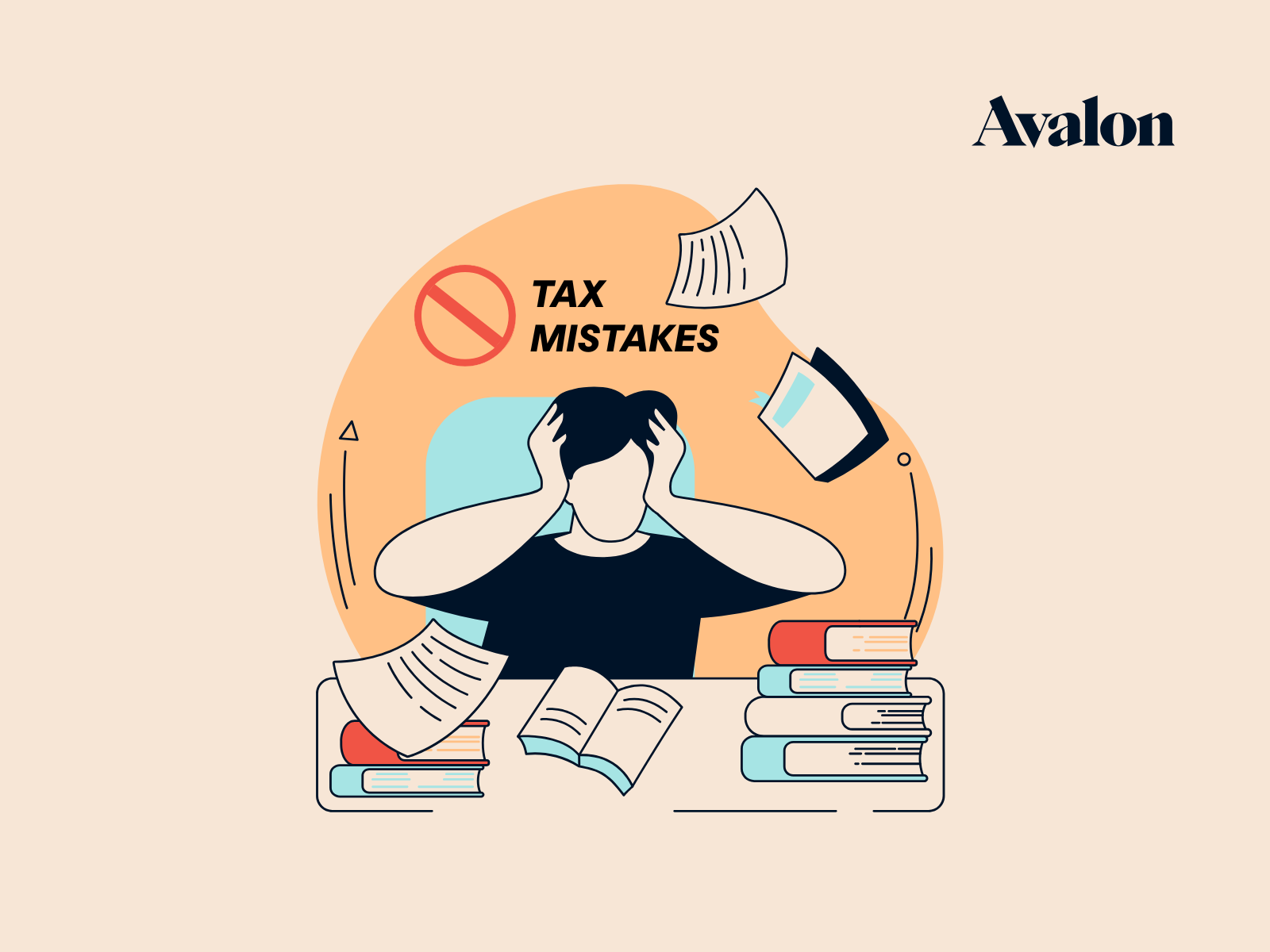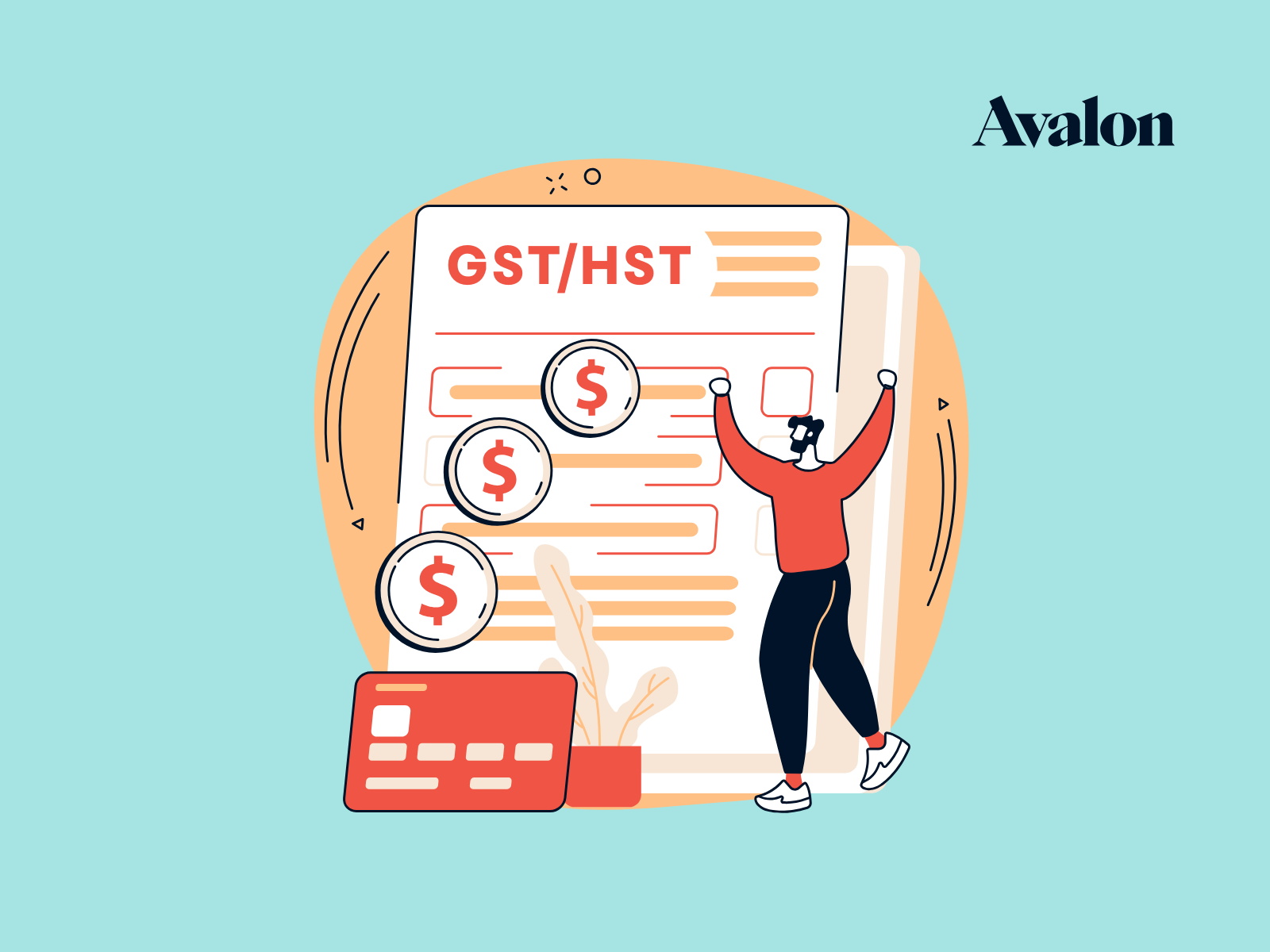Bookkeeping Mistakes to Avoid for Canadian Businesses
In our 8 years of working with hundreds of small businesses across Canada, we’ve seen just about everything when it comes to bookkeeping — the good, the bad, and the mistakes that happen more often than you'd think.
Some of them might seem small, but they can lead to bigger issues down the line — missed tax deductions, cash flow problems, even CRA audits. And trust me, it’s a lot cheaper to prevent them than it is to fix them later.
So in this article, we’re breaking down the most common bookkeeping mistakes we see all the time, and more importantly, how to avoid them.
And if you’ve made some of these already — don’t worry. You’re not the only one. The important thing is knowing what to watch for so you can clean it up and move forward.
Not Separating Personal and Business Expenses
One of the biggest bookkeeping mistakes we see from Canadian business owners is mixing personal and business expenses.
It might seem harmless at first. You’re grabbing lunch on the go or covering a subscription with your personal card because it’s convenient. But when tax season rolls around, that mix-up can turn your bookkeeping into a bit of a nightmare.
The CRA wants a clear line between your business spending and your personal life. If everything’s blended together, it’s harder to prove what’s deductible.
That could mean:
- Losing out on legitimate write-offs
- Facing questions during an audit
The fix?
Open a dedicated business bank account and a separate credit card just for business use. Even if you’re a sole proprietor, keeping those transactions apart makes your records cleaner, your reports more accurate, and your life a whole lot easier.
It’s a simple step that can save hours of sorting later. If you need more convincing, check out our Why You Need a Separate Bank Account article! And if you’re not sure which business bank account to choose, check out our video Best Business Bank Accounts !
Falling Behind on Bookkeeping
Falling behind on bookkeeping is one of the most common issues we see, and it can sneak up on you fast.
You get busy running your business, wearing all the hats, and suddenly it’s been weeks or even months since you last looked at your books. By that point, catching up feels overwhelming, and that overwhelm makes it even harder to get back on track.
The problem is that delayed bookkeeping can lead to:
- Missed expense claims
- Overlooked unpaid invoices
- Cash flow surprises
The best solution is to make bookkeeping a regular habit.
Whether that means setting aside an hour every Friday or automating tasks with accounting software, staying consistent is key.
And if bookkeeping just isn’t your thing or it’s taking too much time, that’s a great sign it’s time to get some help. Partnering with a bookkeeper or accountant frees you up to focus on running your business and ensures nothing falls through the cracks.
At Avalon Accounting, we help business owners stay organized and up to date so tax season doesn’t come with any surprises. If you’re ready for support, reach out to us to see how we can help.
Not Keeping Receipts or Documentation
If you want to claim expenses in your business, the CRA expects you to have documentation to back it up.
That means keeping receipts, invoices, or digital records for anything you plan to deduct. It doesn’t have to be complicated, but if you’re not keeping track as you go, it’s way too easy to lose something important.
We’ve seen business owners scramble at tax time, trying to find receipts that got tossed or buried months ago. And if you don’t have proof, the CRA could deny the expense altogether, even if it was totally legitimate.
Thankfully, there are tools that make this easier.
Apps like Dext let you snap a quick photo of your receipt and store it digitally, along with notes about what it was for. No more shoeboxes or hunting through glove compartments.
A little effort now can save hours of frustration later. Plus, solid records mean fewer questions if you ever face a CRA review. If you want more tips on this, you can also check out our article on Receipt Tracking for more tips!
Misclassifying Expenses
Misclassifying expenses is a mistake that can quietly mess with your books and your taxes.
It usually happens when you’re not quite sure which category an expense belongs in, so you guess and move on.
But those small guesses can lead to:
- Inaccurate financial reports
- Missed deductions
- CRA red flags
A couple of common examples include:
- Buying a new laptop? That’s a capital purchase, not office supplies.
- Taking a client out for lunch? That’s meals and entertainment, which is only 50% deductible.
Most accounting software helps with auto-categorization, but it’s still a good idea to review your reports regularly. If something looks off, don’t be afraid to ask your bookkeeper or accountant for clarification.
Getting this right helps you keep more of what you earn and makes tax time a lot less stressful.
Overcomplicating the Chart of Accounts
Another common mistake we see — especially with DIY bookkeeping — is having way too many accounts in your chart of accounts.
It can be tempting to create a super detailed breakdown for every type of expense or income. You might think, “The more categories, the better, right?” But in reality, having too many accounts can make your books messy and hard to read.
Here’s what happens:
- Reports become cluttered and less useful.
- Small dollar amounts get scattered across too many lines.
- It’s harder to spot trends or understand your numbers at a glance.
- You (or your bookkeeper) spend way more time categorizing transactions.
Instead, aim for a chart of accounts that’s clear, consistent, and tailored to how you actually make decisions. Group similar expenses together and focus on what gives you real insights.
A simplified chart of accounts makes monthly reporting faster, keeps things clean for tax time, and helps your accountant do their job more efficiently (which can save you money in the long run).
If you want tips on building a smart, streamlined chart of accounts, check out our blog How to Build a Chart of Accounts That Actually Makes Sense.
And if your books are feeling a little cluttered or overdue for a cleanup, get some help! We’re happy to help get things sorted and take bookkeeping and accounting off your plate.
Missing Sales Tax (GST/HST) Requirements
Sales is certainly not the most exciting part of running a business, but missing your GST/HST requirements can lead to some costly surprises.
A common mistake is waiting too long to register for GST/HST. In Canada, once your business earns $30,000 in revenue over four consecutive quarters, you're required to register.
If you pass that threshold and keep charging clients without collecting tax, you could be on the hook to pay that tax out of your own pocket.
Even once you're registered, it’s easy to make mistakes like:
- Forgetting to charge GST/HST on invoices
- Missing filing deadlines
To stay on top of things:
- Set up your invoicing software to apply the correct sales tax by province
- Set calendar reminders for filing deadlines
- Use your accounting software to track GST/HST and generate filing reports.
And remember, you’re collecting sales tax on behalf of the government. Setting those funds aside in a separate account can save you from scrambling when it’s time to remit.
If you’re not sure whether you need to register or how to manage GST/HST, talk to an accountant early. It’s much easier to set things up right than to fix them after the fact.
DIY Bookkeeping Without Understanding the Basics
Doing your own bookkeeping can save money in the early days, but it can also lead to trouble if you’re not sure what you’re doing.
We fully appreciate the DIY approach and often help our clients get set up properly with a bookkeeping system and some training. It can be a great option when you’re bootstrapping and trying to keep costs low.
But if you don’t understand the basics of accounting, like categorizing transactions, reconciling accounts, or tracking sales tax, it’s easy to make mistakes that snowball over time.
We’ve seen business owners with months of messy books, double-counted income, or missing expenses. That can make it tough to file taxes, apply for financing, or even know if your business is profitable.
If you’re managing your own books, check out our free bookkeeping guide to help you get started on the right foot.
We also built a few more in-depth bookkeeping courses to help you build a strong bookkeeping system from the start.
- One bookkeeping course specifically designed for freelancers.
- One bookkeeping course covering how to do your bookkeeping with Xero and Dext to save time.
- One Quickbooks course to help you find your way around the software.
When things start to grow or bookkeeping takes up too much time, that’s a good sign it’s time to bring in a pro. A solid bookkeeper or accountant can clean things up and give you back valuable hours each week.
Relying Too Much on Software
Accounting software is a great tool, but it still needs oversight.
Programs like Xero and QuickBooks can automate a lot, but they only work as well as the data you feed them. If transactions are coded incorrectly or rules are set up wrong, those errors will keep repeating.
We’ve seen:
- Income overstated
- Expenses missed
- Sales tax calculated incorrectly
Software is a great tool, but isn’t a set-it-and-forget-it solution.
Review your income statement and balance sheet monthly. If anything looks off, dig into it or ask for help.
Final Thoughts
Let’s recap the biggest bookkeeping mistakes to avoid:
- Mixing personal and business expenses
- Falling behind on your books
- Not keeping receipts or documentation
- Misclassifying expenses
- Missing GST/HST requirements
- Trying to DIY without learning the basics
- Relying too much on software
These are all common mistakes and are easy to fix.
If you’ve made a few of these mistakes, you’re definitely not alone. The key is catching them early and putting systems in place that make staying organized easier.
Need help cleaning things up or want to make sure you’re on the right track?
Just drop us a message, and we can start a conversation to see how Avalon can help!












